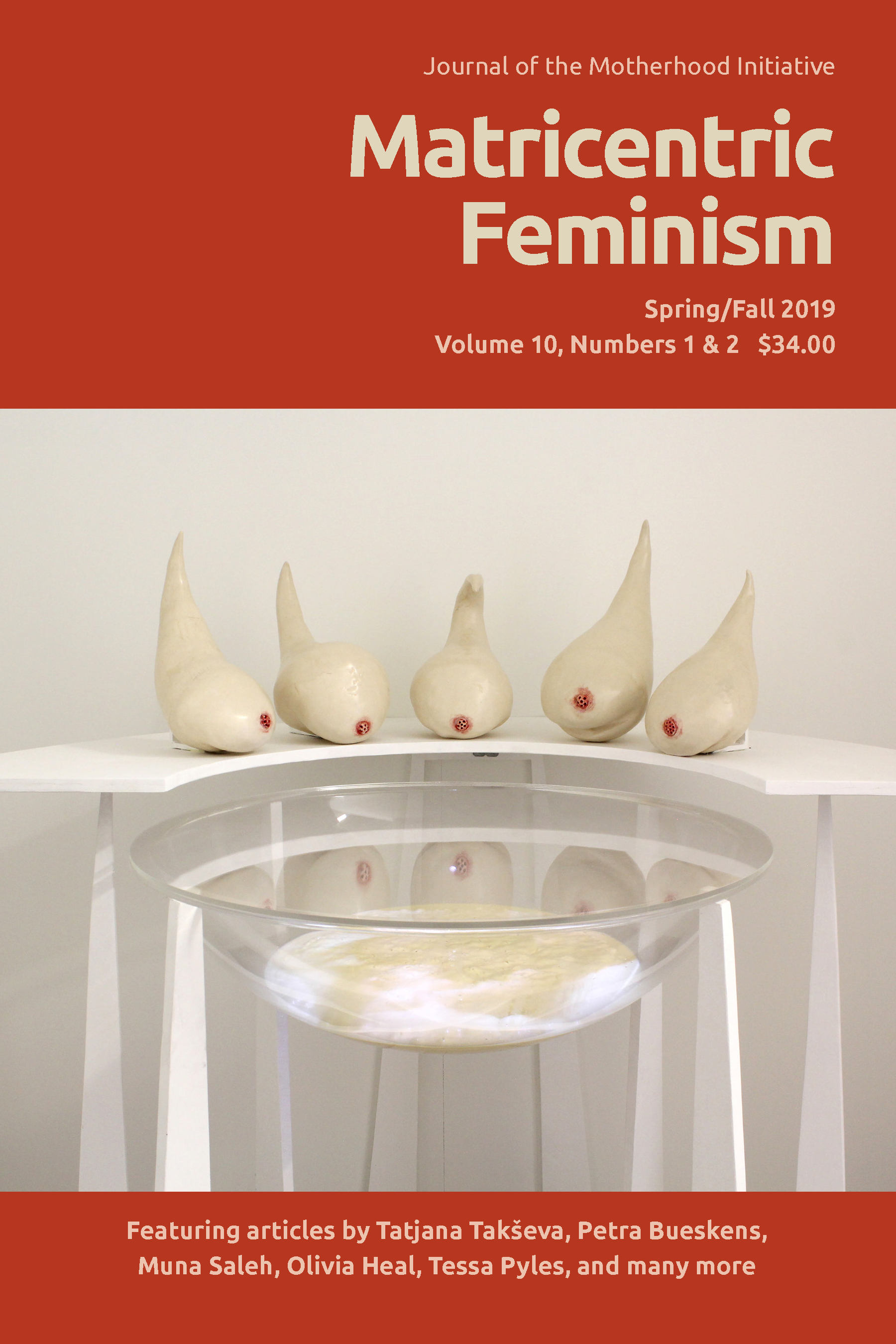Centring Complex Maternal Emotion in The Babadook
Abstract
Jennifer Kent’s horror film The Babadook shines a spotlight on maternal ambivalence, which is easily read as horrifying in a culture that demands mothers feel or express nothing but love for their children. However, Kent asks her audience to look beyond maternal ambivalence as a representation of bad, mad, or monstrous mothering and instead as an act of resistance to one of the most intimate forms of female oppression—motherhood. Read this way, The Babadook challenges what Adrienne Rich named the "institution of motherhood." I argue that The Babadook moves beyond the institution of motherhood and into the realm of the emotional and psychological ramifications the institution engenders. I engage Barbara Almond’s The Monster Within: The Hidden Side of Motherhood to help convey the experiences of what she refers to as "the dark side of motherhood." It is in this dark space that Amelia, the film’s protagonist, finds herself. Like so many mothers, Amelia has no outlet to honestly express what and how she feels about motherhood and about her child. As a result, she denies and represses her feelings. But monsters are not often born from the expression of feelings but from their repression, and the more her feelings are denied the stronger the monster—the Babadook—grows. Ultimately, The Babadook challenges the many cultural and emotional restrictions placed upon mothers. More so, it asks those of us who are mothers to consider loving and maybe even nurturing the monster within.Downloads
Published
How to Cite
Issue
Section
License
All intellectual property in relation to material included on this site belongs to the Motherhood Initiative for Research and Community Involvement (MIRCI). All material on this site is protected by Canadian and international copyright and other intellectual property laws. Users may not do anything which interferes with or breaches those laws or the intellectual property rights in the material. All materials on the Motherhood Initiative for Research and Community Involvement (MIRCI) are copyrighted and all rights are reserved. Any reproduction, modification, publication, transmission, transfer, sale, distribution, display or exploitation of the information, in any form or by any means, or its storage in a retrieval system, whether in whole or in part, without the express written permission of the Motherhood Initiative for Research and Community Involvement (MIRCI) is prohibited. Please contact us for permission to reproduce any of our materials. This site may include third party content which is subject to that third party's terms and conditions of use.


